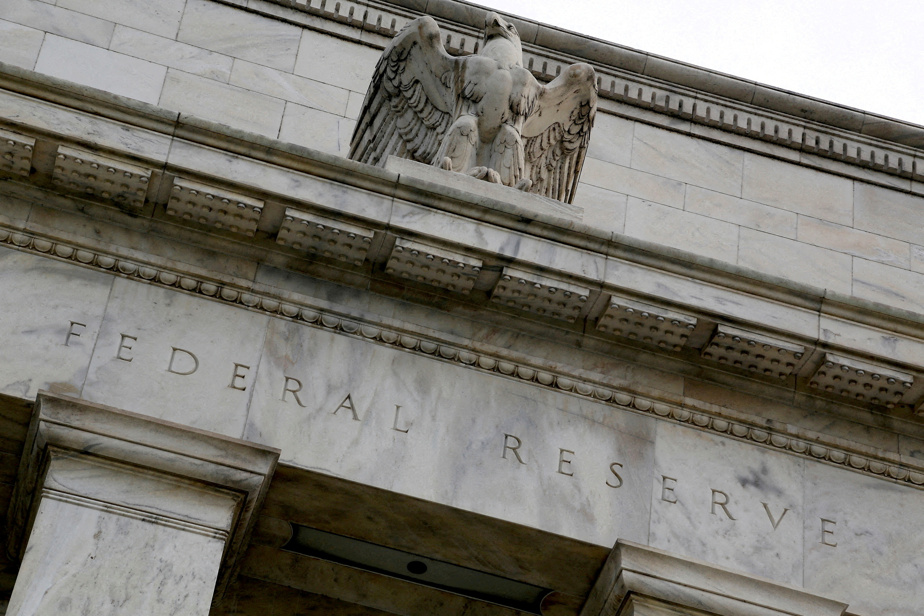(Washington) The American Federal Reserve (Fed) recorded in 2023 the largest operational loss in its 110-year history, and was therefore able to pay almost nothing back to the Treasury, as it is required to do when it makes a profit.
The operational loss amounted to $114.3 billion in 2023, according to the central bank’s provisional estimate for 2023 accounts released on Wednesday.
By 2022, it had made a profit of 58.8 billion.
This loss is linked on the one hand to the increase in interest rates which the Fed used to curb high inflation. This forced it to pay more for bank reserves as well as the Treasury bills and mortgage-backed securities it holds.
The Fed thus had to pay 281.1 billion in interest in 2023, or 178.7 billion more than the previous year.
Furthermore, one of its sources of income, the interest it receives from the bonds and securities it holds, was reduced last year. Indeed, the Fed, after purchasing massively during the COVID-19 crisis to support the economy, is now reducing its balance sheet.
As the return on its portfolio deteriorated, it only received $163.8 billion in interest in 2023, or $6.2 billion less than the previous year.
Normally, the Fed pays to the Treasury, each week, its total profit, reduced among other things by the operating costs of its headquarters in Washington and the dividends paid to the twelve regional banks constituting the Federal Reserve system.
But when profits are not enough to cover these costs, the Fed finds itself with a debt to the Ministry of Economy and Finance: a deferred asset is recorded.
The Fed will only start paying money into the Treasury again when it has made a profit that will allow it to wipe the amount on its slate.
In 2023, it was only able to send $670 million to the Treasury, and its deferred assets amounted to $116.4 billion. It was added to that of 2022, of 16.6 billion. That’s a total of $133 billion.
By 2022, the Fed was able to pay $76 billion to the Treasury because it made a profit through September.
